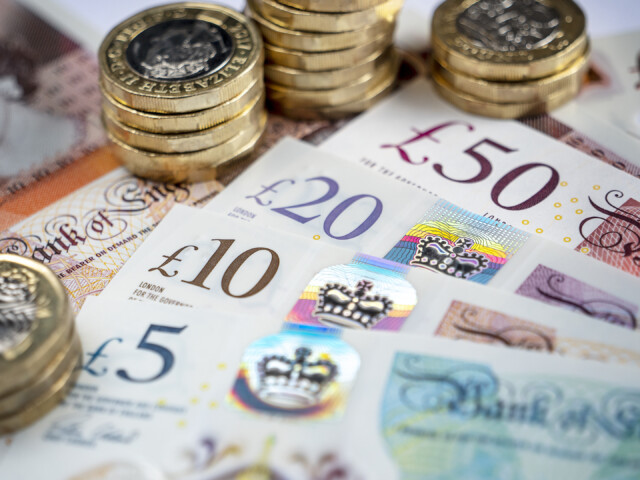The UK economy shrunk in June, new figures reveal.
The data from the Office for National Statistics shows Gross Domestic Product (GDP) fell by 0.6% in June.
The ONS has released the latest GDP data for the UK economy
Services was the main driver of the fall, down by 0.5% in June, largely as covid test and trace activity tailed off.
Construction also dropped after seven consecutive months of growth.
The ONS said two fewer working days in the month because of the long Jubilee Bank Holiday weekend had not helped.
The travel sector was hit in a month of flight delays and cancellations – it fell by 6.2%.
Accommodation and food service activities bucked the trend, up 2.1%. Restaurant booking site OpenTable recorded a 23% increase in people eating out around the Jubilee
And after a bumper period for second-hand cars, motor sales and repairs dipped 3%
The GDP drop follows growth of 0.4% in May, which was revised from 0.5% as the UK avoided recession.
The latest data will come as a crushing blow to millions of Brits who are contending with the cost of living crisis and rising prices.
Economists predicted the economy would show zero growth between April to May.
Inflation hit 9.4% last month as prices for everyday goods and products rise.
And the Bank of England warned households to prepare for a 15-month recession and the highest inflation rate in 42 years.
In what was named Black Thursday, last week, it raised interest rates by 0.5% – the biggest rise in over 20 years.
What is a recession and what does it mean for your finances?
A country is in recession if it experiences a period of economic decline over a sustained period.
This is generally indicated by a fall in GDP, which is the value of all goods and services, in two successive quarters.
This means recessions are not good news, because they tend to lead to unemployment and wage stagnation.
This consequently means the government gets less tax which could mean cuts to services and benefits, or that rates go up.
There are lots of different reasons why a country may head into recession.
The UK last went into recession in 2020 due to the coronavirus pandemic.
There was also a more severe one in 2008/9 when the global financial crisis hit.
Going into recession can have a big impact on your finances and job losses are common as companies let people go to cut their costs and stay afloat.
Job losses are common, as companies try to cut their costs to stay afloat.
The number of people in debt and arrears is also likely to soar, and there could be more defaults on loans and mortgages or repossessions and bankruptcies.








